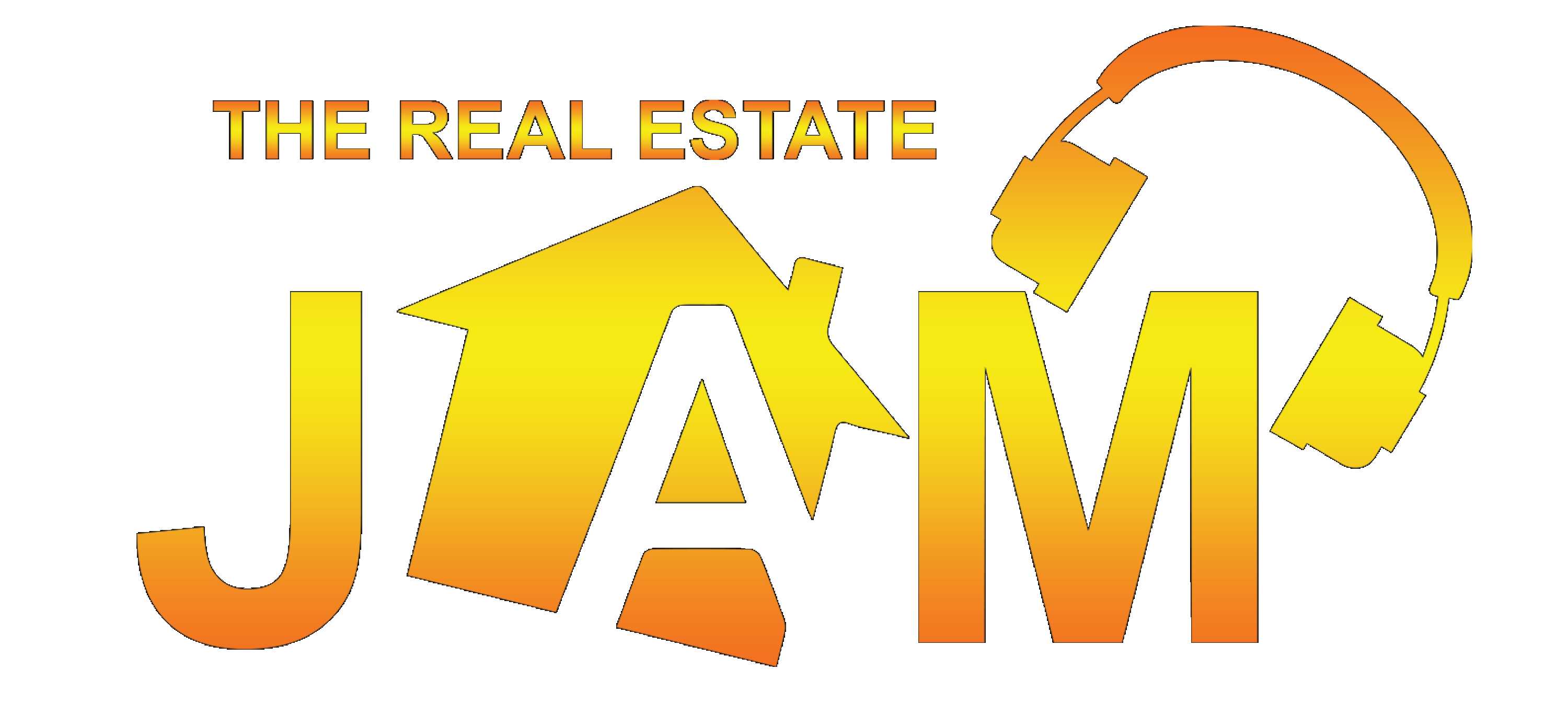As a new investor in the field, how do you navigate the real estate world? With so many paths available, it’s extremely difficult to know which is right or wrong. How do you start a conversation with a seller? What are the trends that you should be aware of? Should you go for single-family or multifamily?
Wouldn’t it be nice to have someone with you who has more experience? There’s a reason why veterans are signed by sports teams with a bunch of young rookies! That’s why expert realtor, Kyle Ballif, recommends that you find a mentor. “How?”, you ask? Let’s find out.
The points below are from the 24th episode of the Real Estate JAM, where Kyle talks about his transition to real estate from nursing, why investor-friendly realtors are different from regular agents, tips for new investors, tips for working with partners and contractors, and many more! You can tune in to the full episode on YouTube, Spotify, or Apple Podcasts.
Self-Education is NOT Enough
Sure, sites like Bigger Pockets are all out there. Yes, you can Google new real estate terms that you’ve never heard of. But, if you don’t know how to use all that knowledge correctly, you’re in a dangerous position. There are a lot of investors using what they’ve learned in blogs, built themselves up for a good while, all to see it burn after a few years or months. You don’t want to be the next one.
Reinventing the Wheel
I think it’s safe to say that most of us here are not the prodigies that will change the real estate landscape, especially since you don’t have that experience just yet! There’s no need to create a new strategy that will rock the world at this point in your career. So, you have to stick to the old paths for now until you find your groove. (But still, even if you’ve figured out your style, it’s great to have someone looking out for your blind spots!)
That’s where finding a mentor comes in. You don’t have to get hurt like other new investors through their guidance. They’ve been there, and they’re going to help you NOT to be in the same bad position as they once were. “A wise person learns from their mistakes, but a wiser person learns from the mistakes of others,” as the saying goes.
Should You Pay for a Mentor?
Kyle suggests hiring a mentor. First, you’d value the knowledge more because you paid for it. Also, some people find it difficult to ask for things when they’re getting them for free. (Think thoughts like, “I don’t want to bother them right now.”)
But, before you pay, you’ve got to do some due diligence. There are a lot of scam artists out there that fabricate their credibility, and you obviously want to avoid them. Interview your prospect mentor on how many deals they’re doing. Ask them what they’re up to now. Are they active in the space? Do they know the same things you do? Take the time to do your research.
(Also, a warning from Kyle. “If they’re flashing their Lamborghini out, run!”)
Want to learn more? You can listen to the full episode on YouTube, Spotify, or Apple Podcasts.
Outline of the Episode:
- [00:47] From full-time nursing to full-time real estate investing.
- [02:40] The differences between a regular agent and an investor-friendly realtor. It’s all about having more experience with houses!
- [07:30] How do you get started from the ground as a new investor? (Spoiler alert: it’s through education and finding a mentor!)
- [13:23] Starting an investor-friendly brokerage and working together with a partner. Communication and trust are crucial!
- [17:33] Tips in working with other people. How do delegate tasks in a partnership? How do you find contractors? Do you just do a handshake agreement?
- [19:50] Why did Kyle and his group decide to expand in Florida? How do you get attention from potential leads?
- [26:04] Should you pay for mentorship? How do you know if a mentor knows what they’re talking about?
Resources:
Connect with the Real Estate JAM!
- Website
- YouTube
- Shorefront Investments
- Email: jd@shorefront-investments.com or info@shorefront-investments.com

Recent Comments